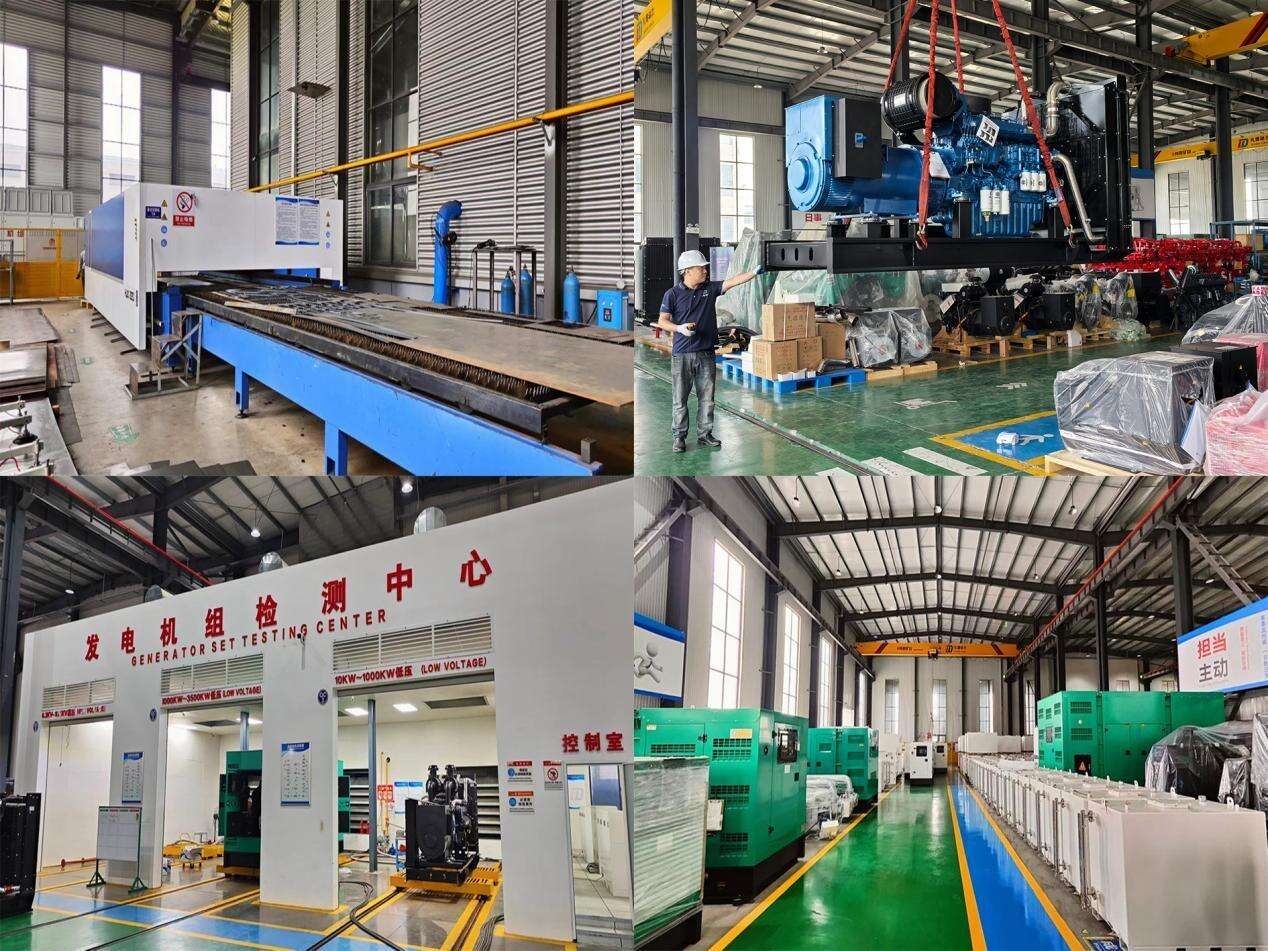Landfill Gas: A Hidden Greenhouse Gas Source
Landfills are more than just places to dump waste—they're major contributors to greenhouse gas emissions. When organic waste like food scraps, yard trimmings, and paper breaks down in landfills, it undergoes anaerobic decomposition . This decomposition produces landfill gas, which is mostly made up of methane and carbon dioxide. To be clear, landfill gas contains significant amounts of greenhouse gas constituents, methane and carbon dioxide.
Landfills are emitting greenhouse gases, and it is largely methane. This is problematic because landfill gas is released to the landfill’s surroundings without treatment. If landfill gas is collected and combusted through gas flaring, it will cool the radiative effect of the greenhouse gases because the methane will be combusted and carbon dioxide will be produced. Still, uncontrolled emissions of methane will drive landfills to be a major contributor of climate change. However, landfill gas generators change this narrative entirely, and they offer a balance between the environmental profit and the economic benefits of energy extraction.
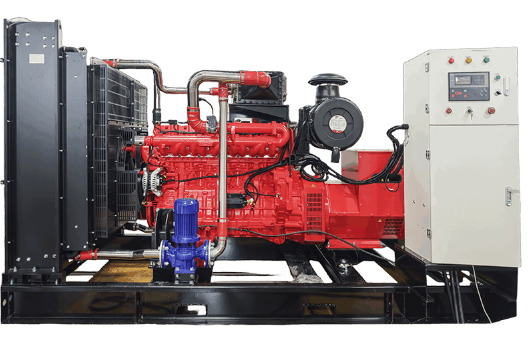
How Landfill Gas Generators Capture and Use Waste Gas
Landfill gas generators solve a problem of gas escaping into the atmosphere. The process starts with the installation of a gas collection system encompassing the entire landfill. As waste decomposes, gas is generated and captured by the system, piping the gas into a collection facility. The system uses gravity to funnel the waste and gas into a collection system, where the gas is filtered to remove V.O.C.'s and moisture, as well as methane.
This cleans the gas enough to use, so gas is burnt in special generators to create either heat or electrical energy. For the methane into gas and energy cycle to work effectively, the generators need a steady supply of methane, something landfills provide. Even after closure, landfills produce methane gas for decades, allowing generators to reduce emissions and continue providing energy for a long time.
Reducing Emissions by Replacing Fossil Fuels
Landfill gas generators cut down on methane and lessen the need for fossil fuels—another major emitter of greenhouse gases. When gas from landfills fir power generators is used’ burning coal, natural gas and oil is avoided, thus lowering the emissions that would result from the burning of these fuels.
For instance, if a community gets power from a gas generator as opposed to a coal-powered generator, the community will reduce the coal-related power plant emissions, especially CO2 and other greenhouse gases related to coal combustion. This is fundamentals of having a gas powered generator, capturing methane and at the same time replacing the burning of fossil fuels. The positive impact is that the waste used to generate power is waste that is harmful to the environment.
Landfill Gas Generators for Carbon-Neutral Objectives
Landfill Gas generators assist in emissions avoidance while creating clean energy and achieves the overall objective of even countries embarking on this goal.
A lot of places have strict regulations regarding environmental protection that make landfills accountable for managing the gas emissions they produce. Using generators is a cost effective strategic compliance option. Landfill gas is also a renewable energy source. Renewable energy is important in the battle against climate change because gas is produced from decomposing organic waste which is always available. Therefore gas-producing generators situated in landfills is a great option for any organization that aims to meet carbon reduction goals.
Economic and Environmental Gains
The landfill gas generators still reduce greenhouse gases and provide other long-term economic and environmental gains. Landfills still have a negative “carbon footprint” which is not likable from an environmental point of view. Generators reduce the local air pollution as the gas capture and clean burn gas combustion reduce the emissions of harmful gas pollutants that are volatile organic compounds which are dangerous to people’s health.
Creating dependable energy helps reduce energy prices for nearby communities, enterprises, and even the landfill. Some facilities even sell surplus electricity to the grid, increasing profit. Also, since gas is a waste byproduct, the “fuel” for the generators is practically free. This is unlike fossil fuels, which have unpredictable prices. For these reasons, landfill gas generators remain a wise option that continues to provide a good return on investment for many years.



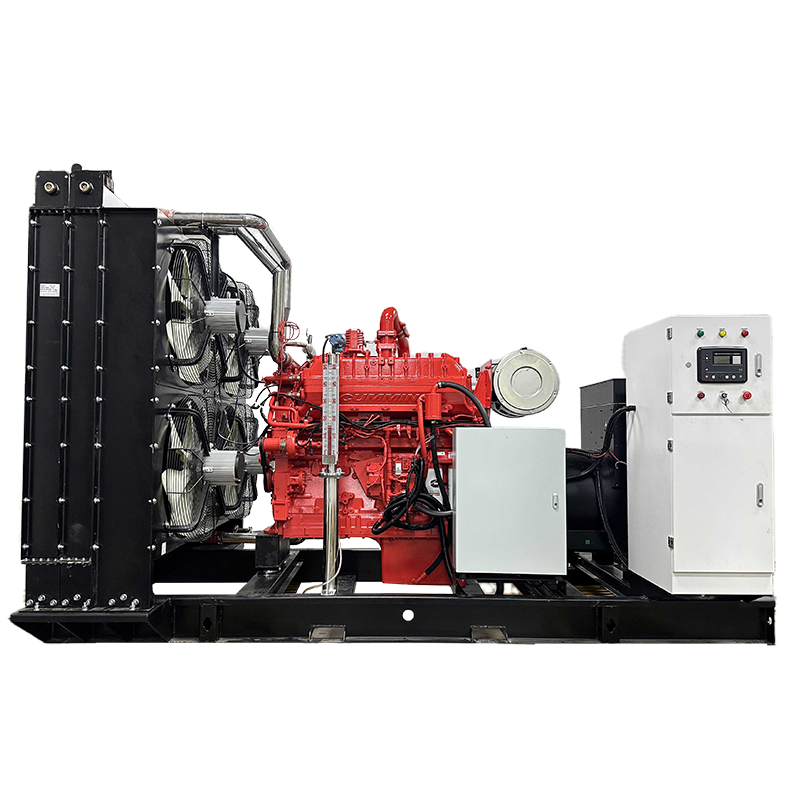
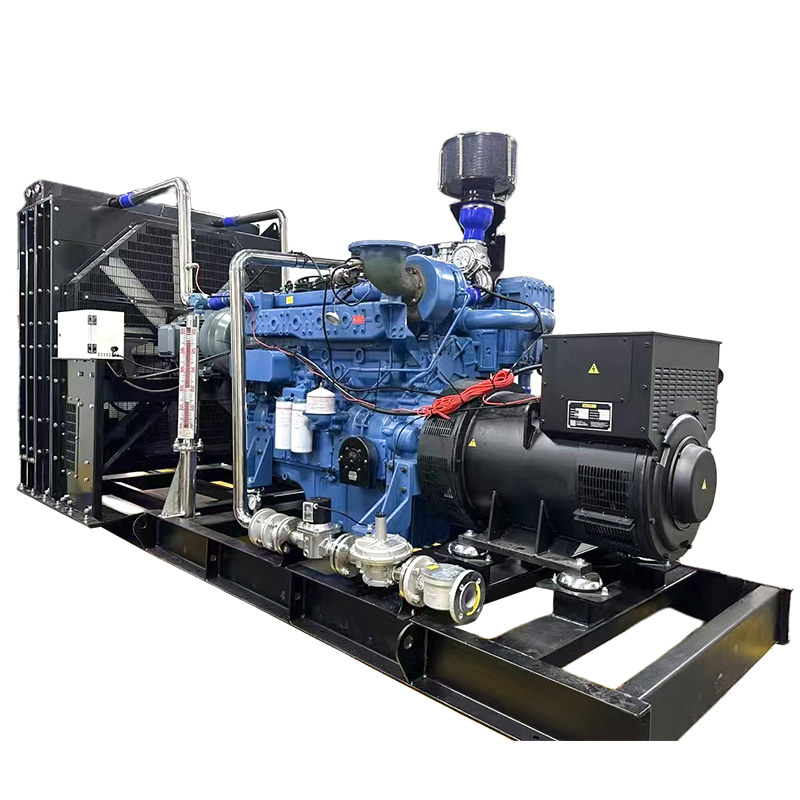
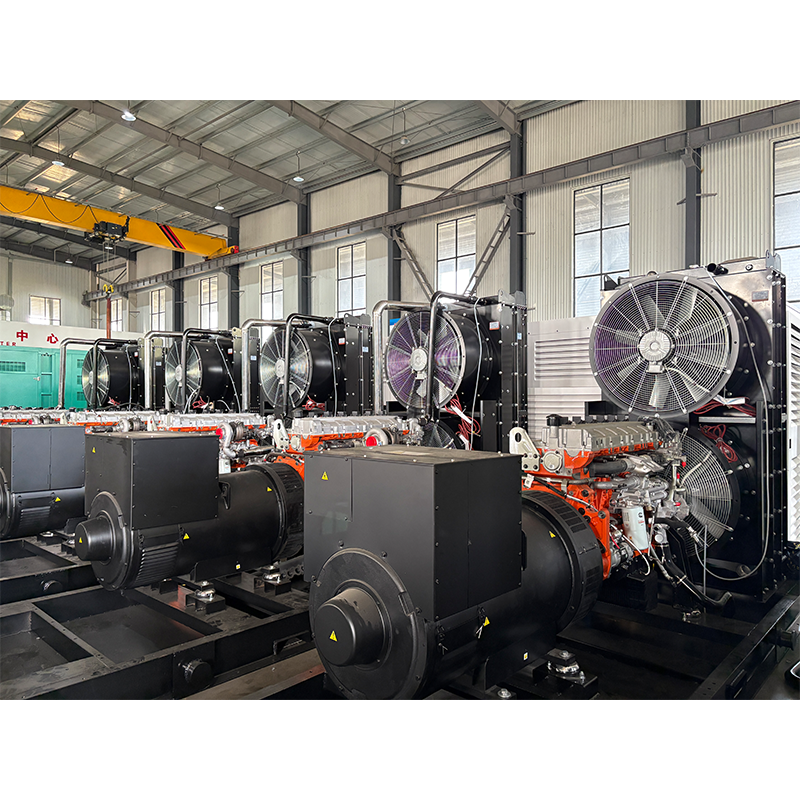
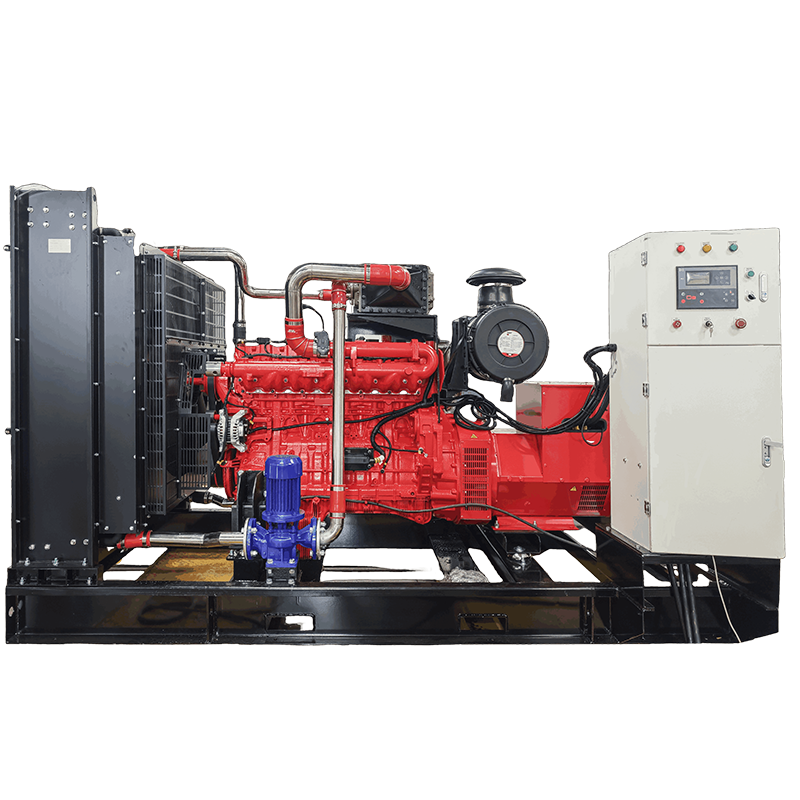
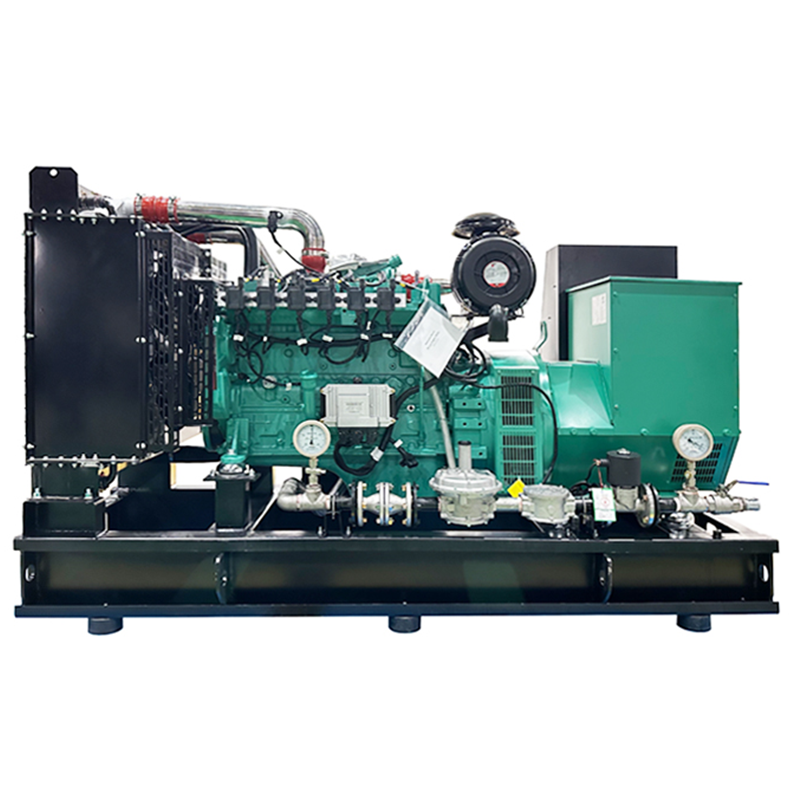
 Hot News
Hot News